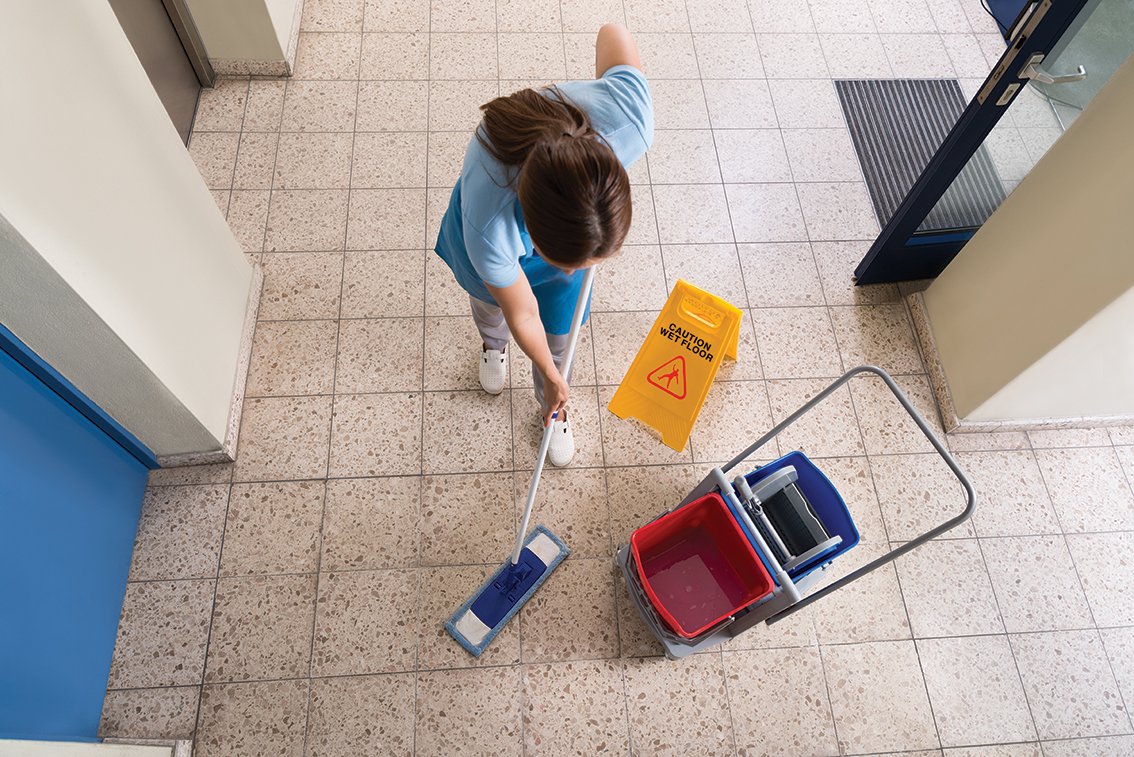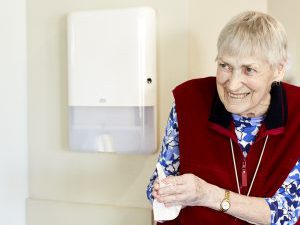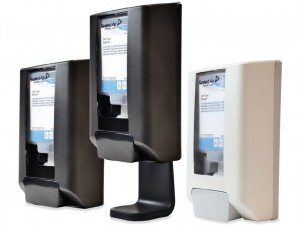
Aged care service providers have been urged to cooperate in the Royal Commission into Aged Care Quality and Safety.
The Royal Commission opened with a preliminary hearing in Adelaide last week, where Commissioner Richard Tracey AM RFD QC and Commissioner Lynelle Briggs outlined the targets of the investigation.
The Commission will primarily look at the quality of care provided in residential and home aged care to senior Australians, but also include young Australians with disabilities living in residential aged care settings.
Commissioner Briggs said the Commission had begun the process of gathering and analysing information and had held meetings with consumer groups, key government agencies and other stakeholders.
Information requests had been made to approved aged care providers and public submissions were also being made via the Commission’s website.
“The likely major themes to be addressed include: quality and safety, access and inclusion, young people with disability, interfaces and transitions, future challenges and opportunities, and how to deliver quality in a sustainable way,” Commissioner Briggs said.
“We will look at the expectations of Australians for quality and safe care, how and where it should be provided and the workforce implications, amongst other things.”
A significant focus of the Commission’s work will be understanding how the aged care system currently works. This will involve some site visits and community engagement involving round table discussions.
“An important part of the Royal Commission’s work will be to examine existing policy, regulations and practices in order to consider reform and change to deliver better outcomes to those receiving aged care in Australia now and into the future.”
Commissioner Tracey said the Royal Commission was a once in a lifetime opportunity to come together as a nation to consider how we can create a better system of care for elderly Australians.
“The hallmark of a civilised society is how it treats its most vulnerable people, and our elderly are often amongst our most physically, emotionally, and financially vulnerable. Frail and elderly members of our community deserve to, and should, be looked after in the best possible way, and we intend to do our best to see that it happens.”
Addressing concerns raised with the Royal Commission, Commissioner Tracey warned it would be against the law for employers to take action against an employee or former employee who wanted to give evidence.
“We would be gravely concerned if any operators in the aged care sector or government bodies were to instruct their staff not to talk to the Royal Commission or to withhold information.
“Anyone who wishes to make a submission or tell us their story and who has a concern about doing so should tell a Commission officer of their concerns before making the submission or telling their story so that appropriate steps can be taken.”
Commissioner Briggs said providers who do not engage with the Commission’s requests would “draw attention to themselves and to their practices”.
The investigation has received more than 300 submissions from members of the public in all states and territories to date since the process opened on 24 December, 2018.
Counsel Assisting said the Commissioners have a number of compulsory powers that can use used for gathering information.
“The power to issue notices requiring a person to give information or a statement in writing is a new power. This Commission will be the first Royal Commission to exercise this power. We expect this power will be exercised in preparation for public hearings,” Counsel Assisting said.
At these hearings evidence will be presented will involve key features of the aged care quality, safety and complaints system, and how that system works in practice on a general level. There will also be information about the challenges faced by the aged care system.
This will include accounts from consumer advocacy bodies, health care provider peak bodies, national aged care provider peak bodies and regulators. Importantly, the Commission also expects to be able to call evidence from people receiving care and their families.
Community engagement will be another feature of the work, with the Commission commencing roundtable and informal discussions with a range of stakeholders. The investigation may also conduct targeted surveys and other opinion-gathering exercises.
A spokesperson for the Commission told INCLEAN “all participants providing services to the aged care sector are welcome to make a submission to the Royal Commission”, adding all aspects of the sector will be examined.
National president of the Building Services Contractors Association of Australia (BSCAA) George Stamas said the association has no current remit to make a submission.
“The BSCAA board is not aware of any focus on cleaning as such in the context of the Aged Care Royal Commission. BSCAA has no current remit to make a submission to the Commission unless we are asked to do so.
“It would not be appropriate for the association to assert the views of the cleaning industry as the aged care providers themselves have some well articulated views on the issues of funding, cleaning, employment,” Stamas said.
Aged & Community Services Australia (ACSA), which represents providers of residential and home care services across the country, said it is committed to working openly with the Commission and all stakeholders to address issues and restore public confidence in Australia’s aged care system
“The aged care sector does not fear scrutiny or accountability,” said ACSA CEO, Pat Sparrow.
Aged Care Minister Ken Wyatt said the Royal Commission is a crucial step forward in determining the full extent of problems in aged care and understanding the challenges and opportunities in delivering quality, sustainable aged care services now and into the future.
“It will go to the structural reforms required, identifying where we as a nation need to make further substantial changes.
“There will be absolutely no compromise on quality care.”
The first public hearing will be held on 11 February 2019 in Adelaide, continuing into the week of 18 February.
The Commission will visit all capital cities as well as regional centres and is due to produce an interim report not later than 31 October 2019 and a final report not later than 30 April 2020.
Comment below to have your say on this story.
If you have a news story or tip-off, get in touch at info@3.106.117.80.
Sign up to INCLEAN’s newsletter.





Perhaps they need to look further into the causes for this, such as the culture within each states health sector, transmitted out onto each site. I see it happen everywhere with bullying and harassment occurring from the top down. This directly affects each patient/client as they see this and are also (at times) on the receiving end. When a nurse has to go work, dreading every moment, because of this culture, really says something. Especially when it continuously gets ignored by senior management. I hope this royal commission not only finds the issues but more importantly fixes them and continuously looks for improvements, rather than sitting down and patting themselves on the back. Perhaps put in place surveys (that are actually actioned) and or a third party that can audit this nationally (on an ongoing basis), to ensure it does not continue.